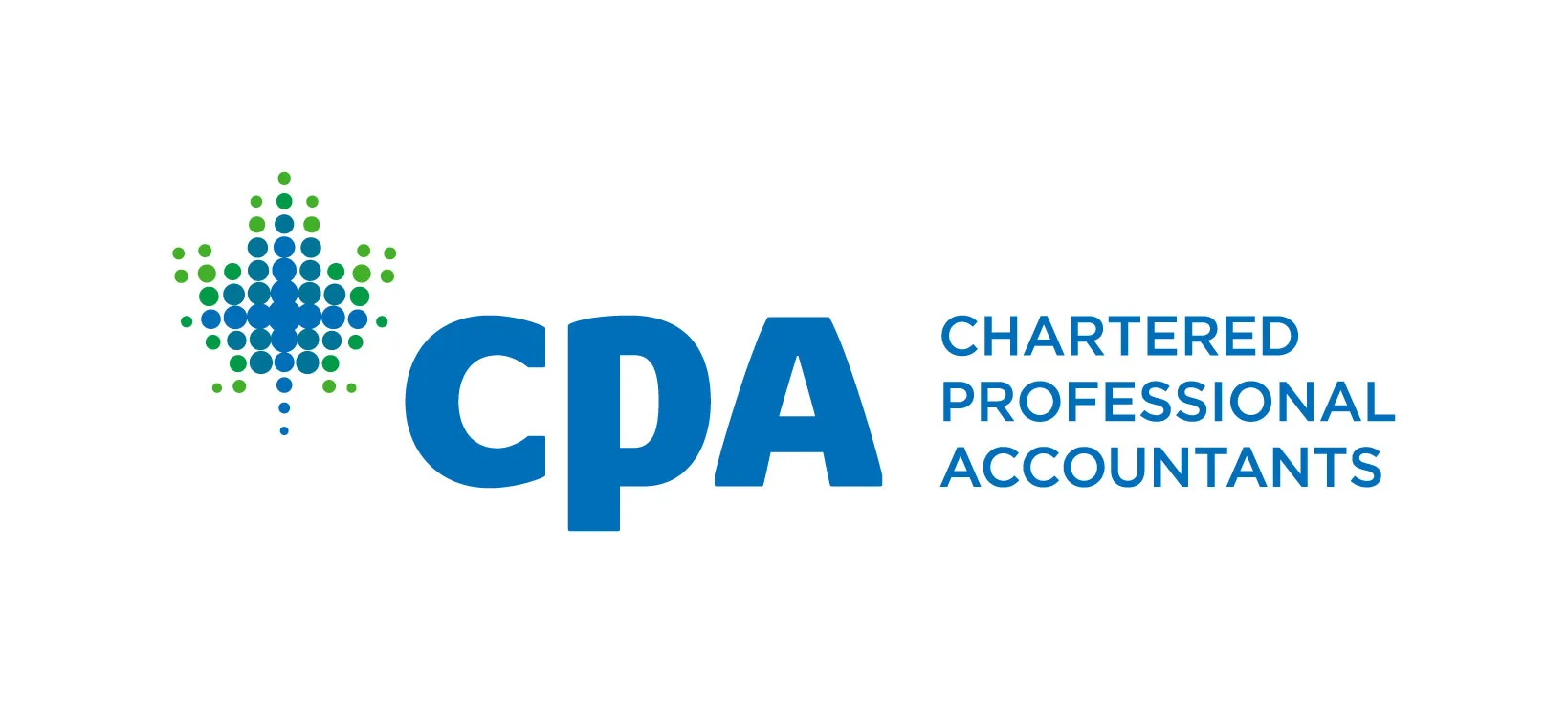Incorporating Your Business in Canada
If you're a small business owner in Canada and you're looking for expert guidance and support in incorporating your business and managing your taxes, We are here to help. We simplify the complexities of the Canadian tax system, ensuring that you can reduce your tax burden and focus on growing your business.
What is Incorporation?
In Canada, corporations function as distinct legal entities with the capacity to own assets, maintain a bank account, conduct business operations, and fulfill tax obligations—mirroring the rights and responsibilities of individuals.
Every Canadian corporation is mandated to possess a minimum of one shareholder. In essence, shareholders are individuals who inject capital into the enterprise in return for a share of ownership. Various shareholder categories exist, each wielding influence over critical business determinations, including corporate governance and management.
Therefore, prudent selection of investors and shareholders is crucial for the optimal functioning and direction of your company.
What is the process of incorporating a business in Canada?
The choice between federal and provincial incorporation hinges on whether your business operations extend beyond a single province. Opting for provincial incorporation necessitates additional registration and documentation when expanding into other provinces.
To establish a corporation, submit an application to the federal or provincial government, providing the following details:
A distinctive business name
Corporation Proposed by-laws
Names of the initial directors

Why Small Business Owner Love Our Services?
Tax Compliance
We ensure small businesses comply with all tax obligations, from federal and provincial taxes to GST/HST reporting and remittances.
Record Keeping
We offer guidance on effective record keeping, providing tools and strategies to help small business owners maintain organized financial records.
Tax Planning
We develop and implement tax planning strategies to optimize deductions, credits, and minimize tax liability
GST/HST Assistance
We assist with managing GST/HST obligations, ensuring proper reporting and compliance with the tax laws.
Personalized Guidance
Our services are tailored to the specific needs of each small business, providing personalized support for navigating the Canadian tax system effectively.
Peace of Mind
With RAPC, small business owners can experience peace of mind, knowing that experts are handling their tax matters, allowing them to focus on their business success.

What are the advantages of incorporating in Canada?
Limited Liability Protection:
Corporations provide a level of liability protection to their shareholders, safeguarding them in the event of legal disputes against the corporation.
Establishing Credibility:
Corporations enhance credibility, with some businesses, contractors, and government agencies preferring to engage exclusively with corporate entities. This not only projects seriousness but also signals a long-term commitment to potential investors and partners.
Favorable Tax Rates:
Corporations often benefit from lower tax rates on business income compared to individual tax rates for the self-employed, provided that the earnings remain within the corporation.
Continuity of Existence:
Corporations exhibit a continuity of existence, persisting even if the original founders, owners, or shareholders depart. They can be sold, transferred, or continue operations under new ownership, including within family structures.
What are the disadvantages of incorporating in Canada?
Elevated Costs and Increased Complexity in Maintenance:
The process of incorporation can be financially demanding and involves sustained effort to uphold the corporate status, especially depending on the intricacy of your business structure. Initiating incorporation, crafting shareholder agreements, maintaining minute books, and handling annual tax filings all incur expenses that accumulate over time.
Absence of Personal Tax Credits:
While corporate tax rates are typically lower, corporations do not enjoy access to personal tax credits available on individual income taxes. Consequently, any taxable income usually attracts taxation within the corporation. Effective coordination between your corporate and personal tax returns, however, allows for strategic planning to minimize the overall impact.
For a more streamlined approach, engaging a tax expert can ensure the maximization of industry-specific deductions, securing the optimal tax outcome for your business, guaranteed.


What are the tax benefits of incorporating your business?
Lower Corporate Tax Rates with Restrictions on Income Distribution: Corporate tax rates generally offer a favorable comparison to personal tax rates; however, to benefit from these lower rates, the company must retain active business income within the corporation. This means that distributing gross income to owners through dividends or salary is restricted. If you rely on your company's earnings for personal expenses, the company must compensate you adequately. Personal income tax is then applied to this amount, nullifying the tax advantages.
Illustration: If Company A earns $150,000 and the owner requires $80,000 for living expenses, the owner can leave $70,000 in the corporation. Reduced income tax is paid on this amount until it is withdrawn at a later date.
Tax Savings through Income Splitting and Dividends: Incorporating your business and leveraging income splitting with family members can yield tax savings. Hiring family members as employees enables the corporation to deduct their wages as an expense. Consequently, family members can be taxed at their individual rates, offering potential advantages, especially if they have no other income. Note: The introduction of Tax on Split Income (TOSI) rules in 2019 necessitates careful consideration of income-splitting strategies with an accountant to comply with CRA regulations.
Capitalizing on the Lifetime Capital Gain Exemption (LCGE):
A significant tax advantage arises upon selling your incorporated business. The choice between selling shares or assets dictates the tax implications. Selling shares involves transferring an independent entity, while selling assets entails individual asset transfers owned by the corporation. As of Tax Year 2023, a potential one-time capital gains deduction, the Lifetime Capital Gain Exemption (LCGE), allows a cumulative lifetime limit of up to $971,190 from the sale of Canadian corporation shares. Specific conditions must be met, and it is crucial to consult with your accountant before proceeding with the sale.
Frequently Asked Questions
Everything you need to know about Incorporating Your Business in Canada

